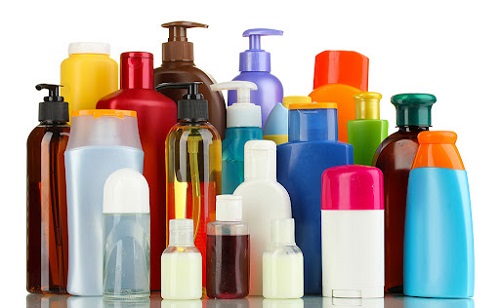The skin of roseacea patients is more prone to sensitivity than that of the general population. If skincare products are not used properly, symptoms may worsen.
The skin of rosacea patients is more prone to sensitivity than that of the general population. If skincare products are not used properly, symptoms may worsen. Therefore, patients need to know how to select skincare products, which can be referred to the following:
First, avoid irritating ingredients. Common irritants for rosacea include alcohol, witch hazel, camphor, glycolic acid, menthol, peppermint, urea, eucalyptus oil, lactic acid, and fragrance. Most of them are astringents or fragrances. Fragrances are more likely to cause allergic contact dermatitis, indirectly causing new skin problems for patients. Therefore, patients should carefully read the ingredient list before using new products and avoid irritating ingredients. If the ingredients are difficult to understand, you can also try to choose fragrance-free products that have undergone allergy testing.
Second, choose simple moisturizing skincare products to avoid choosing other functional products (such as whitening, anti-wrinkle, acne removal, etc.), which may contain skin-irritating ingredients.
Third, test new skincare products on the skin before use. The irritants for rosacea patients vary from person to person. To know whether it will cause a skin reaction, you can first apply a small amount of the product near the edge of the affected area (but avoid using it on the affected area). If the skin has an irritant reaction such as burning or stinging within 72 hours, do not use the product. After testing, please also remember the ingredients that will cause discomfort to your skin to avoid using them in the future.
Fourth, reduce the steps of skincare. The fewer the steps of skincare, the simpler the ingredients, and the less chance of causing skin irritation.
Fifth, try to maintain the same skincare routine to reduce the risk of frequent replacement of skincare products or trying new products.
Using appropriate skincare products can reduce the risk of skin irritation and worsening of rosacea, but to treat rosacea, you still need to seek medical assistance. Sometimes, doctors may prescribe vitamin A acid drugs (such as oral isotretinoin) to treat rosacea. Topical retinol can also help reduce pustules and papules (red lumps) and stimulate collagen production. If used for a long time, it can also have anti-aging effects on the skin (such as improving the appearance of fine lines).
However, retinol may make redness or tiny blood vessels more visible. If used during a rosacea outbreak, it may also worsen symptoms. Therefore, if rosacea patients need to use retinol, they should consult a doctor first. When using it for the first time, you should also choose a low concentration of retinol and gradually increase the concentration under the guidance of a doctor.

